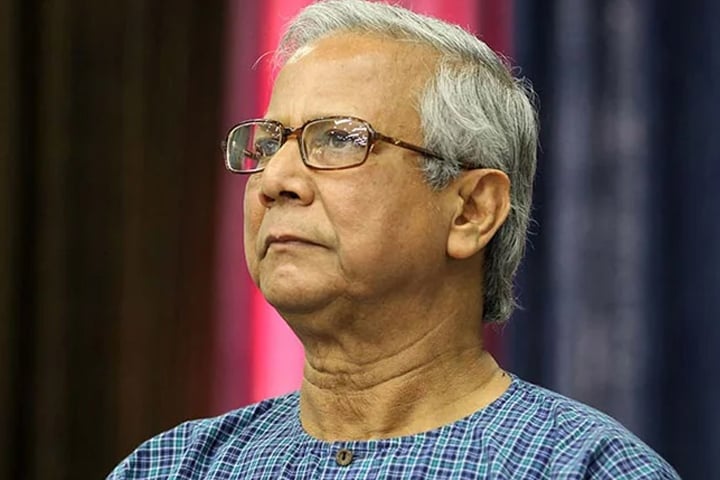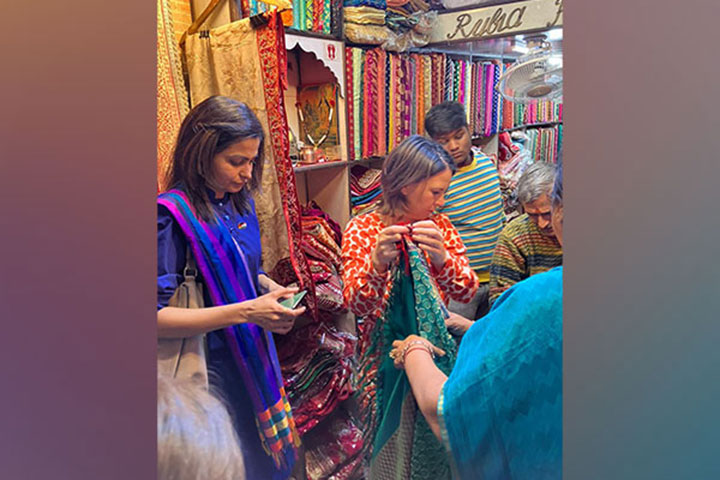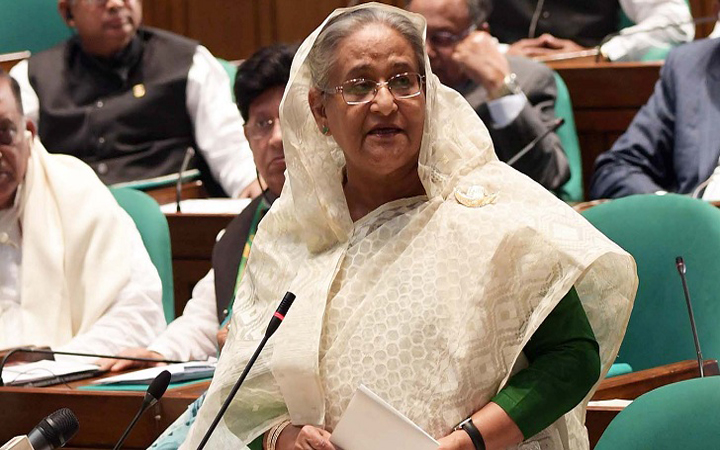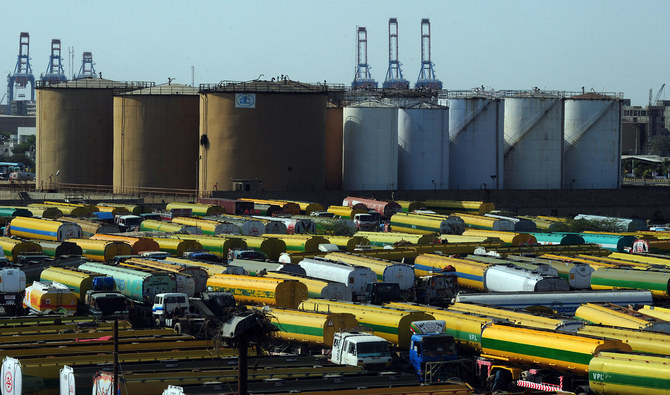An agent of revolution in Indian digital payment is e-RUPI
Under Prime Minister Narendra Modi-led government, India has witnessed over the last few years a reinvigorated emphasis on ensuring that as many transactions take place through the digital means. This has made technology-based platforms extremely popular within different sections of society, especially the educated and urban classes.
Though the shift to these digital platforms was a foregone conclusion, the same would happen so swiftly that it took everyone by surprise. Notwithstanding the presence of private Indian players like PhonePe, PayTM, RazorPay as well as international giants like GPay, PayPal, PayUmoney, etc the most successful and user-friendly interface has been that of BHIM (Bharat Interface for Money) launched by the government of India.
Adding a new dimension to the same, an even more advanced, effective, transparent and reliable platform called the e-RUPI was launched. Based on BHIM, the Reserve Bank of India and National Payment Corporation of India collaborated to develop a platform geared at utilizing SMS and QR code technology to seamlessly transfer funds to the bank account of the service provider.
One of the major advantages of the platform is that the seamless one-time payment mechanism would enable users to redeem a voucher without swiping any cards or even be able to conduct all forms of Internet banking through a QR code.
In a situation like the gloomy pandemic where distancing ourselves from one another has taken a form of its own, e-RUPI puts forth an interesting aspect of a contactless payment mechanism as well. Therefore, for a large population, e-RUPI appears to be the first step towards going digital in a responsible and transparent manner.
Apart from the contactless aspect of the payment, which may become obsolete when the situation begins to normalize, one may begin to think how the e-RUPI would turn out to be any different/better than other forms of digital payment.
Unlike how the amount to be delivered to the beneficiary by the government is sent across to the bank account of the said individual, e-RUPI ensures that the said allocated amount can be utilized only for the purpose with which the earmarked amount was given.
Apart from being a safeguard mechanism to ensure that the amount sent across is utilized for the same purpose, the mechanism also renders the role of middlemen obsolete thereby reducing corruption within the peripheries of the framework.
Interestingly, with the help of partner banks, government entities or corporate players may be able to generate their own e-RUPI vouchers and receive payments through the service provider centers. It is clear that the nation is way past the stage when technology was considered the right of only the most affluent classes.
Through what is often referred to as the JAM trinity (Jan Dhan Yojana – Aadhaar – Mobile), various mobile applications were developed aimed at creating a more transparent framework through which the necessary subsidy or aid could be sent without the fear of middlemen wreaking havoc or stealing from the poor either.
This has seeped in to the extent that the Indian government has been able to provide monetary benefits for up to 300 schemes via the Direct Benefit Transfer (DBT) model.
In fact, not just subsidy or aid transfer, even procurement of a record Rs. 85,000 crore rupees (850 billion rupees) has taken place through this technology, saving in total about Rs. 1.75 lakh crores that could have leaked ordinarily.
The pilot project for the digital platform was implemented within the health sector where it met with spectacular results. An interesting case study with this regard was the situation of a non-governmental organization that wanted to contribute towards the vaccine procurement at a private hospital.
Through e-RUPI, the organization would now be able to provide vouchers to a select number of people in need who would then be able to get vaccinated. This form of charity would be geared towards the selected goal i.e., vaccination and would not be used for any other purpose either.
Many experiments were conducted with the e-RUPI as well, with multiple individuals, groups or organizations that were able to bear the treatment expenditure or buy medicines for other individuals.
Essentially, anyone with a mobile phone (not necessarily a Smartphone) may now be able to make the payment for their essential goods and services verifiable through the SMS/QR code technology that would only be used for the intended purpose.
Over the last decade, the rapid pace at which India has progressed in the field of digital technology has been nothing short of magical. The Indian population has taken to digital payments like fish takes to water, with a large number of monetary transactions at toll plazas, shops, account transfers, restaurants, etc. taking place via mobile phones alone.
A large number of developing countries are aspiring to imitate the Indian success story when it comes to digital payments.
Source: Saudi Gazette
13 Nov 2021,09:55












 Live Tv
Live Tv





